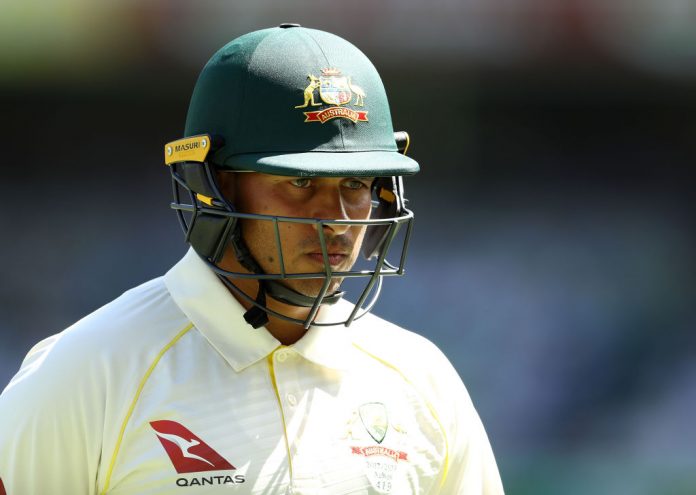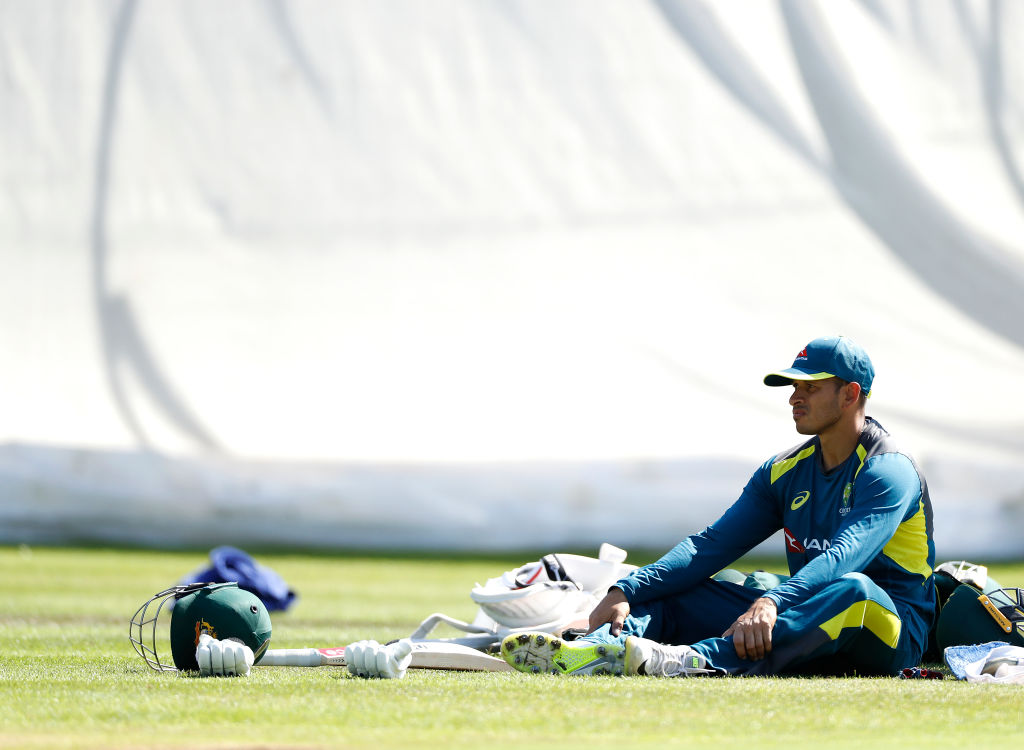

The premature retirement of England all-rounder Ben Stokes has prompted many in the cricket world to question the importance of ODIs as it struggles to stay relevant in an increasingly congested calendar that tries to fit in all three formats.
In an interview with BBC Radio, Stokes claimed that there was “too much cricket rammed in” to realistically compete in all three formats – Test, T20Is and ODIs – at international level.
Likening cricket players to cars, Stokes stated that you simply cannot put expect them to ‘fuel up’ and keep going, as the sheer amount of cricket being played now is having a disastrous toll on their mental and physical health.
Australian opener Usman Khawaja believes the future of one-day cricket is in jeopardy as it continuously finds itself in limbo amongst the other two formats which have gained more prominence in recent years.
As quoted by ESPNCricinfo, Khawaja stated that one-day cricket is “the third-ranked out of all of them.”
He went on to say, “I think personally one-day cricket is dying a slow death...there's still the World Cup, which I think is really fun and it's enjoyable to watch, but other than that, even myself personally, I'm probably not into one-day cricket as much either."

The declining interest in one-day cricket and its uncertain future was given more attention when South Africa put their World Cup hopes in jeopardy by withdrawing from their one-day series against Australia in January to prioritise their new T20 league, reports ESPNCricinfo.
When asked if it was still possible to be a three-format player in the modern era, Khawaja was not convinced.
"Not impossible, very tough," he said.
"So much travelling. If you're playing all three forms of the game, you're not at home at all really. And then the demands on your body, mentally, physically and a lot of the guys might be playing in the IPL as well.”
The top-order batter claimed that being selective of when the suit up would likely act as the key to longevity in the game.
"There's a lot of cricket going on,” Khawaja added. “Yes, you get to pick and choose, I guess, in certain respects what you want to play, but it can be very tough at the moment."
Conversations around the significance and importance of one-day cricket is not new. As far back as the mid-2000s, commentators, analysts and reporters have questioned the future of the 50-over format, well before the arrival and eventual expansion of Twenty20 cricket.

In a piece published in January of 2008, former ESPNCricinfo senior editor Sambit Bal lamented that the year 2007 was an abysmal one for growing the ODI format. He stated that “there were a mind-numbing 191 ODIs, only a few memorable, plenty forgettable. One series blurred into another as teams dragged their weary bodies across continents and from city to city to swell the coffers of their boards.”
Bal rightly predicted that Twenty20 cricket would threaten the entertainment value of ODIs, stating that “the success of the Twenty20 format itself exposed the increasing staleness of the one-day game.”
In a 2009 cricket sports blog for The Guardian, writer Dileep Premachandran remarked that “it’s important that we take a look at the nature of the 50-over game. Very few players will admit it on record, but one-day games outside of the World Cup scarcely get the bloody pumping.”
He then went on further to say that “it’s just not that important.”
This subliminal lack of priority international players are now giving to one-day cricket makes many wonder if the juggling act of three-formats will soon end with the culling of more 50-over games.
Khawaja certainly thinks so, saying “I think Test cricket still has a very strong presence so don't really see that going anywhere. Think both [Tests and T20] can be quite easily balanced, but then you ask yourself the question does one-day cricket give."
It remains to be seen what the ICC will do with the one-day game in its Future Tours Program as the men’s 50-over World Cup is due to be played next year.
With the rise of Twenty20 cricket, its plethora of franchise leagues and an overcrowded calendar causing players to retire early and sacrifice ODIs, we may soon see an end to the 50-over format in the years to come.





